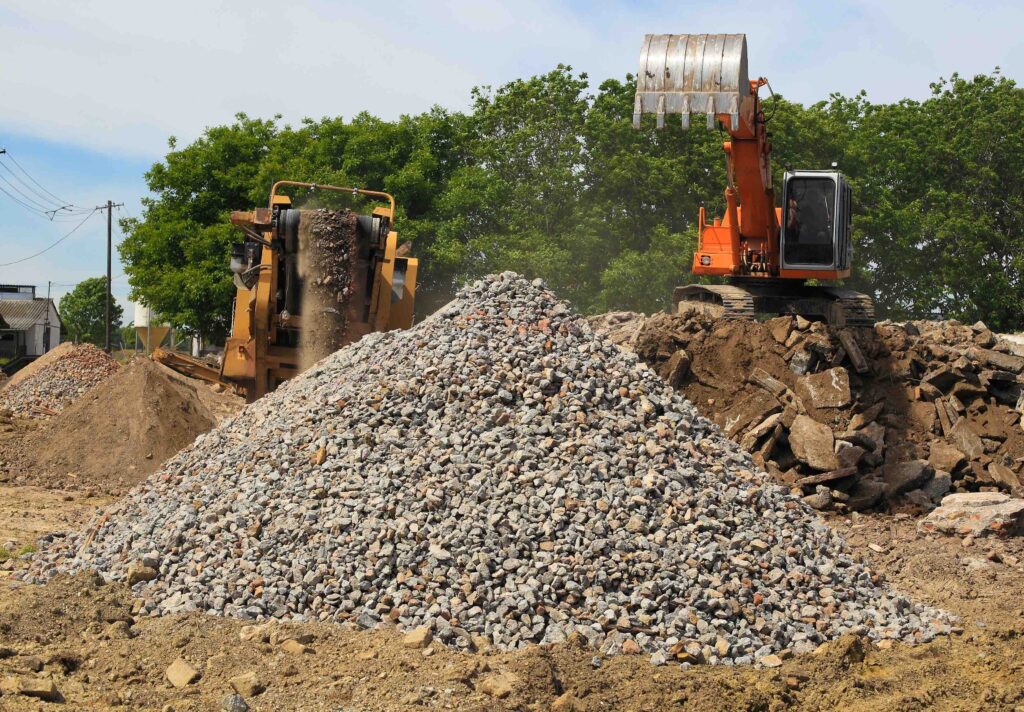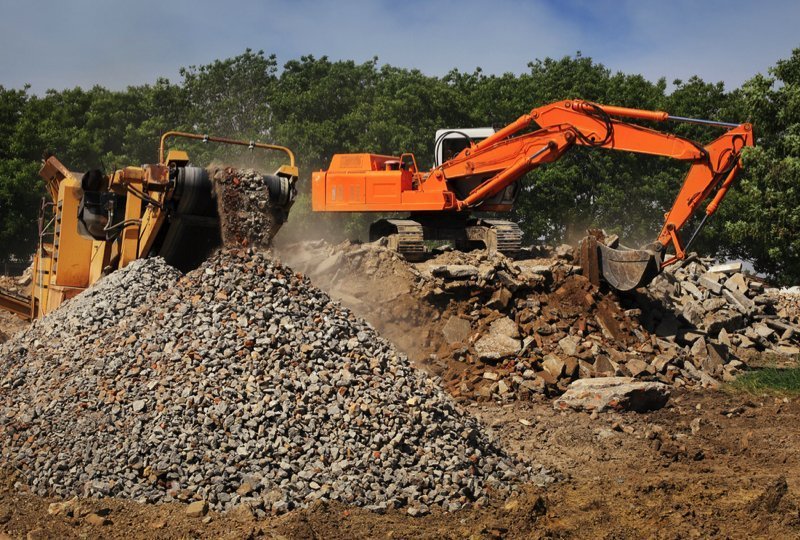In today’s world, where sustainability and cost-efficiency are key priorities for businesses and communities, on-site waste processing emerges as a game-changer.
By handling waste management directly at the source, organizations can unlock significant economic benefits that go beyond mere environmental impact.
Here’s a closer look at how on-site waste processing can offer substantial financial advantages.
1. Cost Savings on Waste Management
One of the most immediate economic benefits of on-site waste processing is the reduction in waste management costs. By processing waste on-site, businesses can significantly cut down on transportation expenses.
Frequent trips to off-site disposal facilities can be costly, involving fuel, vehicle maintenance, and labor. Eliminating these trips reduces these operational costs.
Additionally, businesses can avoid or reduce disposal fees typically charged by external waste management services.
2. Revenue Generation Opportunities
On-site waste processing can also open doors to new revenue streams. For example, businesses can generate income by selling recycled materials that are processed on-site. Moreover, certain waste processing methods, such as anaerobic digestion, can produce biogas.
This renewable energy source can be used to power operations on-site or be sold to energy providers, creating an additional source of revenue.
3. Enhanced Resource Efficiency
Processing waste on-site contributes to greater resource efficiency. By recycling and reusing materials within the facility, businesses can lower their dependence on raw materials.
This not only results in cost savings but also reduces the environmental footprint associated with material procurement.
Furthermore, on-site waste processing allows for better management of waste streams, enhancing recycling efforts and minimizing contamination.

4. Improved Operational Efficiency
On-site waste processings can streamline waste management processes, reducing reliance on external services and enhancing overall operational efficiency.
By having waste management integrated into daily operations, businesses can quickly address any issues and optimize waste-handling practices.
This level of control can lead to more efficient and cost-effective waste management solutions.
5. Regulatory Compliance and Incentives
Implementing on-site waste processing can assist businesses in meeting local waste management regulations and standards, potentially avoiding fines and penalties. Additionally, some regions offer financial incentives or grants to businesses that adopt on-site waste processing technologies. These incentives can help offset the initial investment costs and further enhance the economic benefits of on-site waste processings.
6. Community and Environmental Benefits
Investing in on-site waste processings not only offers financial benefits but also positively impacts the community and environment.
Businesses that adopt on-site waste processings practices often enjoy an enhanced public image as environmentally responsible entities. This can attract customers and improve relationships with the community.
Moreover, by reducing the environmental impact associated with waste transportation and disposal, on-site waste processings contributes to a cleaner, more sustainable environment.
Conclusion
On-site waste processings is more than just an environmentally friendly choice—it’s a financially savvy one.
By reducing costs, generating new revenue streams, and improving resource efficiency, businesses and communities can reap substantial economic benefits.
As sustainability becomes increasingly important, on-site waste processings offer a practical and profitable solution that aligns with both economic goals and environmental stewardship.
